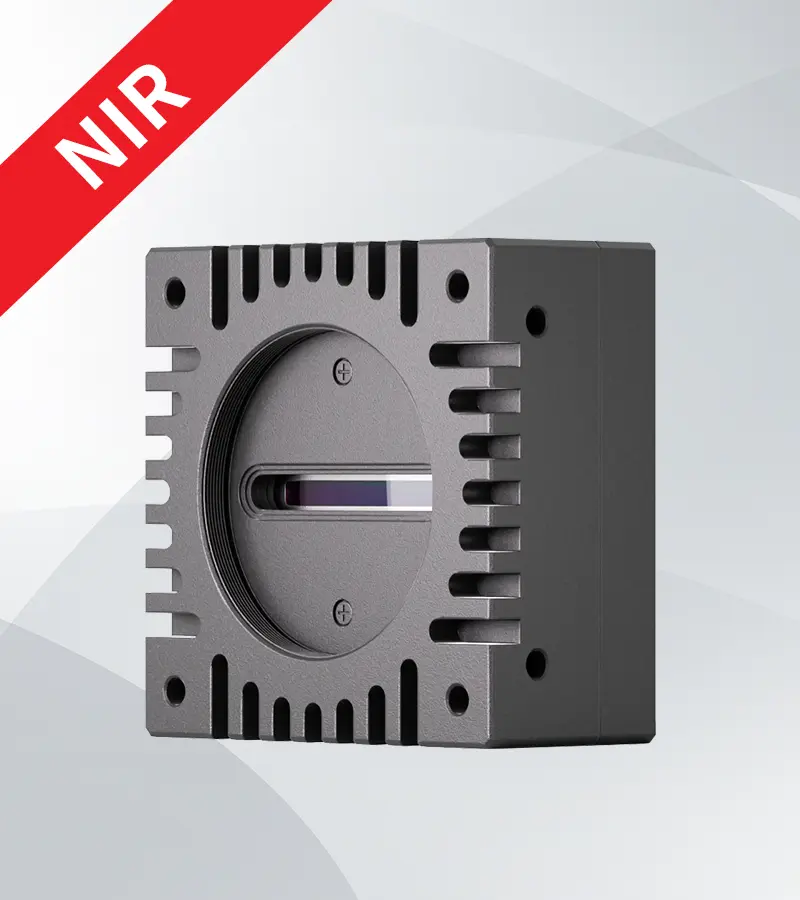This requires a proper assessment of the product specifications of machine vision camera manufacturers. The firms provide cameras with resolutions between 1 MP and 20 MP and thus, choosing an appropriate resolution from a manufacturer will improve the quality of an image captured through machine vision. For instance, high-resolution cameras are significantly critical in precision applications such as semiconductor inspections in which a pixel may represent a critical defect.
The reliability and performance of a manufacturer's products can be gauged with the help of performance metrics such as frame rates and latency. Cameras offering more than 60 fps are truly important in high-speed applications such as scanning on a conveyor belt. A camera with reduced latency improves response times by up to 40%, which is imperative in an automated environment where delays translate into substantial productivity losses.
Customer comments are very much part of the assessment. A company with an endless list of satisfied clients, like famous companies, can often say it is reliable and of good quality. For example, a leading car manufacturer recently said, "Replacing the machine vision camera supplier with a credible one lowered our defect rate by 25% in three months." Such testimony proves that choosing a reliable partner pays well.

Technical support and warranty also impact manufacturer reliability. Manufacturers who at least offer a two-year warranty as well as dedicated support teams often convey confidence in their products. A research discovery noted that firms with a more robust system of customer support indicate 30% higher customer satisfaction levels, reflecting the value of enduring support in the assessment process.
Experience from the manufacturer's side in the industry will help in getting their expertise. Generally, companies that have been in the market for ten years or more offer more diverse products and tend to be more responsive to changes in the industry. Experienced manufacturers are likely to have proprietary technologies developed over time to improve camera performance in specific applications such as 3D imaging for robotic guidance.
Lastly, and of importance here, is price versus total cost of ownership. While initial costs for machine vision cameras can be very variable, manufacturers who offer competitive pricing combined with quality assurance and after-sales support will generally offer better long-term value. Average budgets for a machine vision system are between $500 and $5,000, depending on specifications.
With all these in mind, businesses can be able to choose which of the existing machine vision camera manufacturers is best suited to support their operational needs and objectives so they may eventually operate with greater efficiency and higher quality products.